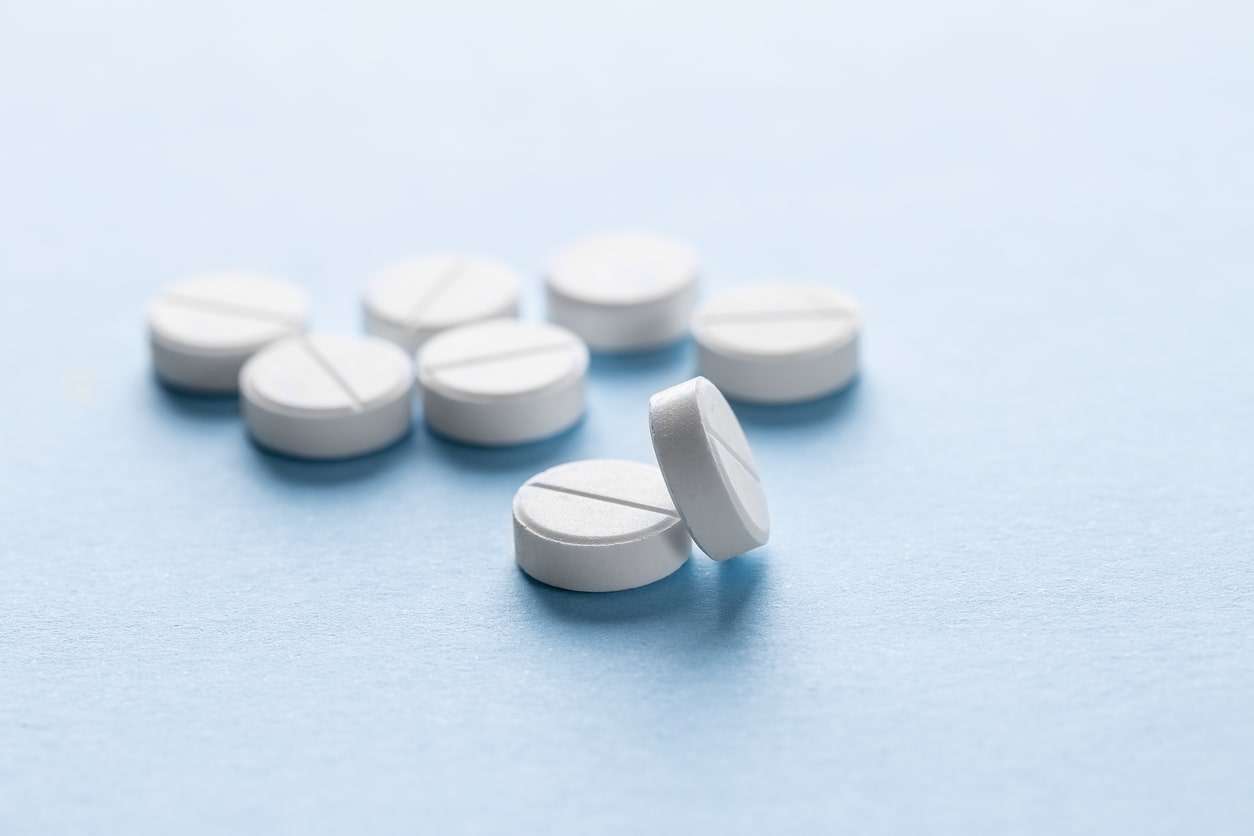When someone faces the idea of getting treatment for their addiction, their minds often turn to the all-important first step of going to detox. If you’ve heard of rapid detox, it may sound tempting because it sounds like a way to avoid going through uncomfortable withdrawal symptoms. However, rapid detox can be quite dangerous. DetoxATL provides a medical detox program that helps people stop abusing drugs, including opioids while maintaining their safety. With our help, you can become substance-free without the unnecessary risks that come with rapid detox.
What Is Detox?
Detox, also known as medical detox, takes place under the supervision of medical experts, including doctors, nurses, and therapists. The person receives valuable assistance from treatments that help minimize their withdrawal symptoms. Medical detox can be used to help people who have an addiction to alcohol and several different kinds of drugs. This type of detox is considered a natural way to detox and allows a person to experience normal periods of being awake and sleeping. Opioid detox is the first step in treatment for the three million people in the U.S. with opioid use disorder.
What Is Rapid Detox?
Rapid detox is used in place of medical detox for people who are addicted to opioid drugs. This procedure requires a person to be placed in a medically-induced coma in an ICU for several hours. They will be placed on a ventilator to assist them in breathing. The benefit most people think of when it comes to rapid detox is that they can avoid withdrawal symptoms that can be uncomfortable and even painful.
Is Rapid Detox Safe?
Rapid detox is a risky procedure for multiple reasons. To begin with, any time someone goes under anesthesia, it can cause physical damage. Because the person cannot breathe on their own, they require the use of a ventilator. This type of equipment can cause damage to the lungs or infection. The anesthesia may not be monitored as closely as it would be during a surgical procedure when an entire medical team is in attendance during the process. Other risk factors related to rapid detox include:
- Irregular cardiac functioning
- Heart attack
- Enlarged heart
- Renal failure
- Thyroid hormone suppression
- Distress or failure of the pulmonary system
- Aspiration pneumonia
- Electrolyte abnormalities
- Liver failure
- Increase in suicidal feelings and actions
- Increase in symptoms of mental health disorders
- Psychosis
- Delirium
- Death
Being placed into a medical coma should be reserved for only the direst of situations. It causes unnecessary risk and a lot of stress for the body, and should not be a decision entered into solely to try to avoid uncomfortable withdrawal symptoms related to addiction.
While it may feel like using rapid detox allows a person to skip withdrawal symptoms, many people still experience some after the procedure is over. Medical detox treats the entire person, including their withdrawal symptoms, and physical, and mental health. This helps prepare them to resist the urge to relapse and stay in recovery.
Is Rapid Detox Effective?
Studies show that rapid detox is no more effective than medical detox. In fact, some people end up going through rapid detox several times, which only increases the number of times they are exposed to medically unnecessary procedures. In addition, some studies show that a person who undergoes rapid detox is more likely to relapse than someone who uses medical detox.
Rapid detox can also cause a person to experience increased symptoms of mental health disorders they already have. This includes mental illnesses such as depression, anxiety, bipolar disorder, and PTSD. Many people turn to opioid abuse in part to try to reduce or cover up symptoms that come with those types of mental health disorders. If rapid detox increases the symptoms, it can place them in a cycle of relapse. Medical detox includes an assessment of a person’s mental health and treatment can be provided.
What Happens After Completing Detox?
A medical detox procedure usually lasts from five to seven days. After completion, the individual will either move on to residential care or outpatient care. Residential care takes place while they live in a facility for several weeks. There are several intensive outpatient programs in Atlanta that allows the individual to return to living in their home while attending treatment sessions during the day.
Some of the types of therapy sessions begun during detox will continue in follow-up treatment. The person learns to live the all-important first substance-free days in detox. From there, they build on those lessons over the next several weeks and months of treatment to ensure they do not relapse.
Get Professional Detox in Atlanta
Are you ready to go to detox and put opioid addiction behind you? If so, you may be thinking about which type of detox to use. While rapid detox can be tempting, it is quite risky and does not guarantee a person will avoid all withdrawal symptoms. DetoxATL provides a world-class drug detox in Atlanta that makes detoxing as comfortable as possible. Our experienced staff provides compassionate care that helps make a person’s time in detox well-spent and free of the unnecessary dangers of rapid detox.
For more information about our program, visit our admissions page now. Our staff is ready to answer any questions you have about learning to live a drug-free life.






